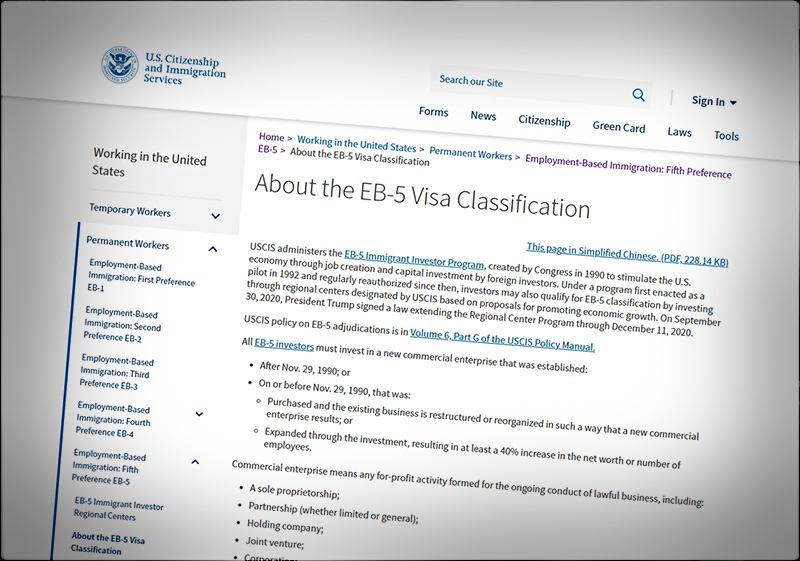
I am interested in, and have mixed feelings about, a recent Homeland Security decision dealing with a rare EB-5 project in the countryside.
According to a Law360 article, DHS has ruled against a California EB-5 center's efforts to expand the tiny dairy industry of Hawaii. That state, at some considerable expense, imports 80 percent of its milk from the Mainland.
On the one hand, it is good to see sleepy DHS actually rule against an EB-5 operation of any kind. On the other hand, this was to be a rare use of EB-5 (immigrant investor) funds in a rural area, and an even rarer use of the funds in an agricultural project. This investment is exactly what EB-5 is supposed to do, and rarely does. I do recall some EB-5 investments in South Dakota dairy farms some years back.
The EB-5 program offers a family-sized set of green cards to aliens who put up $900,000 (formerly $500,000) in a DHS-approved, but not guaranteed, investment. Most of the money is used to fatten the profits of big-city real estate developers that do not need the capital they get through the program.
DHS ruled, according to Law360, that the California Energy Investment Center (CEIC) could not work with the project because Hawaii was not contiguous to California, where CEIC has a license to operate. This may be a narrowly correct reading of the EB-5 law, but it makes no policy sense. Plenty of government agencies' Hawaii operations report to regional offices in San Francisco, for example.
CEIC has sued DHS over this issue, and has appealed to one of Hawaii's federal judges.
Dairy Disclosure. As I write this, I realize that I have a bias in favor of dairy farms, which may be reflected above. During the Great Depression, when I was growing up, I had two grandparents with dairy interests. The more prosperous one lived in town and owned two farms with Holstein operations (they are the black and white cows). The other lived on a survival farm with no central heat, no running water, no electricity, and, until the New Deal intervened, no phone. I remember that grandfather, at milking time, was visited by the farm's cats, who waited patiently for Grandpa to direct a stream of milk to their open mouths, a nice bit of bovine-human-feline cooperation. Later, during WWII, my parents, who had a non-farm income, owned a couple of freshened heifers (Jerseys) in New Jersey, and I milked one of them twice a day for a month or so, until school started and we sold them both.
